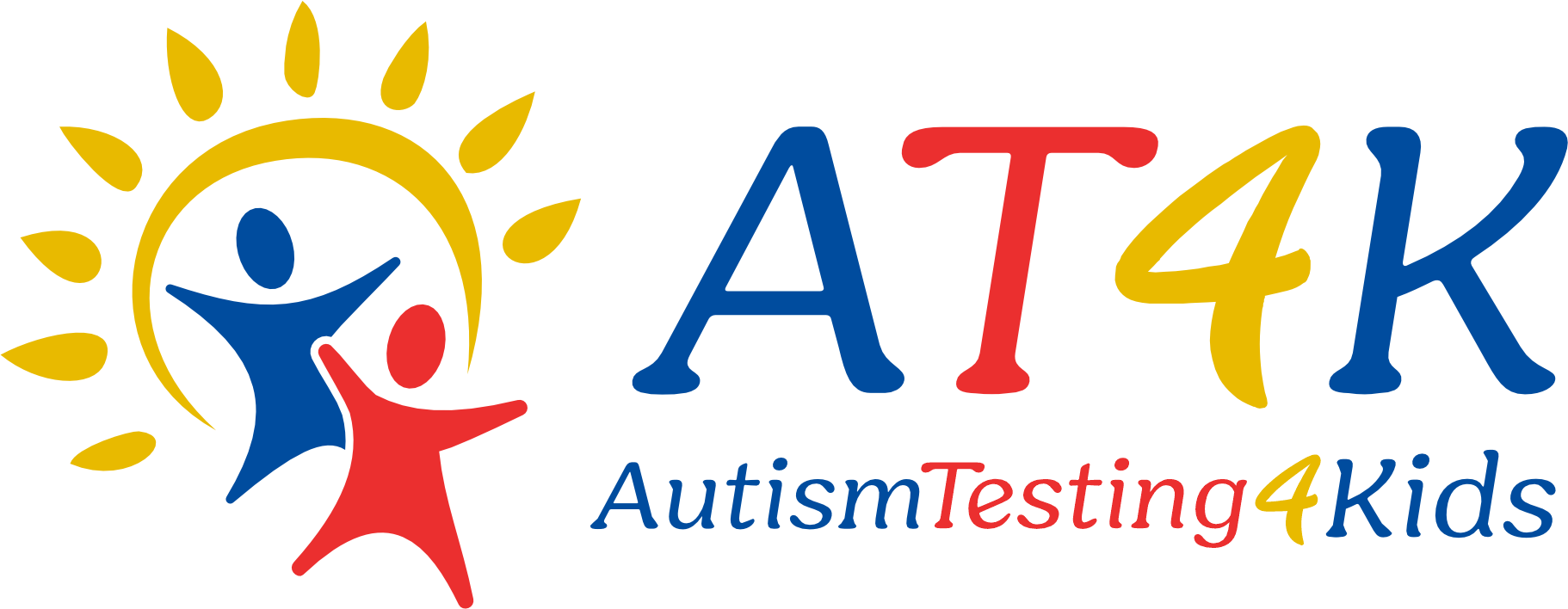Just this year, about 1 in 36 children were diagnosed with autism spectrum disorder. The disorder does not discriminate based on ethnicity or economic background. However, diagnosis rates for boys are around four times higher than they are for girls.
Is autism genetic or is it a combination of various factors that interact with one another? Should things such as autistic family members concern you?
Here’s what you need to know about ASD and how your family health history may be playing a bigger role than you’d think.
What is Autism Spectrum Disorder?
It’s important to establish what autism is and the symptoms to keep an eye out for.
ASD, or autism spectrum disorder, is a developmental disorder that can affect anything from how a person processes their environment to the behaviors they exhibit on a daily basis.
It’s a much wider spectrum than what television may show. You may know at least a few different who have had autism diagnoses growing up if they had the opportunity to receive help. Many people could exhibit autistic traits and not have an official diagnosis.
Additionally, autism is easily mistaken for other mental health disorders such as BPD. For example, those two often occur at different ages, at varying rates, and have different behavioral patterns.
Keep in mind that while autism spectrum disorder is a developmental disorder, it is also considered by many to be a neurotype that does not warrant a “cure”.
Is Autism Genetic?
One of the main concerns for expecting parents is whether or not autism is genetic. Is there an autism gene you can check for, and what are the chances of it getting passed on?
Researchers have known for decades that genes play a big role in whether or not a child is born with autism. Various studies show that autism can be traced back to a person’s parents and ancestors.
The same cannot be said for things like environmental factors or chronic health conditions. However, it is difficult to take into account temporary factors such as diabetes and weight.
One common myth is that autism can be developed due to things such as medications, illnesses, or even illegal drug use. The problem with that belief is that older children, teens, and adults cannot suddenly develop autism. It’s not an illness you can contract, such as heart disease or the common cold.
Instead, most children are diagnosed with autism before they’re 3 years old. Children diagnosed after that may have level 1 ASD, or high-functioning autism. It’s also possible that autism spectrum disorder was misdiagnosed as something else.
If you or your partner’s families have a health history of autism, then your child will have a higher chance of being born with the disorder.
Other Risk Factors
Genetics isn’t the only thing that influences whether or not your child will develop autism spectrum disorder after they’re born. There are a variety of factors such as other genetic conditions, complications during pregnancy, and the age of the parents.
In other words, you could do everything right, and your child can still end up with ASD. It’s also possible for parents to pass on autism even without a history of it in their family.
ASD Variants
As the name implies, autism spectrum disorder functions on a spectrum. That means that an individual shows some of the symptoms and traits, such as delayed language skills, impulsive behaviors, and unusual eating habits.
Until recent years, some of the various disorders included Asperger’s syndrome, Rett syndrome, and childhood disintegrative disorder. Now, these are either considered separate disorders entirely or have been integrated into the primary autism spectrum disorder (ASD).
For example, Rett syndrome continues to have a strong link to ASD due to how diagnoses work. Many children are diagnosed with ASD until the genetic mutation that causes Rett syndrome is identified.
CDD, or childhood disintegrative disorder, is more severe than ASD and can result in more serious mental health symptoms and faster regression.
Experiencing Pregnancy Complications
Complications during pregnancy and birth can also have an effect on ASD diagnoses. Certain studies suggest that hormone abnormalities can increase the risk factor for autism. That also includes high blood pressure, premature births, and drug use.
Some factors proven to affect autism rates include the use of antidepressants and gestational diabetes. However, they only raise the risk ever so slightly.
Born to Older Parents
A major factor to keep in mind is the age of the birth parents. Many studies suggest that older parents are at more risk of having a child with ASD. This has been found to mainly be true for older fathers.
In fact, some studies suggest that it can increase the chance of autism by 50 percent. The risk also grows depending on the ages of the child’s grandparents when they conceived the parents.
How to Diagnose Autism Early On
The diagnosis of autism spectrum disorders happens most often in toddlers and young children under the age of 5 years. This is done over the course of four visits.
The first visit gathers a family history from the parents. The second involves a standardized interview. At the third visit, professionals will review a video of the parents interacting with their child.
Finally, the parents will receive a thorough report and be able to discuss what comes next.
Diagnosing high-functioning autism is more difficult but not impossible. Trained professionals will conduct behavioral assessments and cognitive testing. They’ll also look at common symptoms, such as difficulty speaking or understanding nonverbal cues.
Get Professional Support
Is autism genetic? As it turns out, genetics do play a big role in a child developing autism. However, it’s not the only factor to stay aware of.
In addition, an autism diagnosis is not the end of the world. There are plenty of resources available to help your child thrive and adapt to the world around them.
Developmental Pediatrics in Texas provides assessment services for autism spectrum disorder, sensory disorders, communication delays, and more. Contact us to set up your initial visit and request an evaluation.




